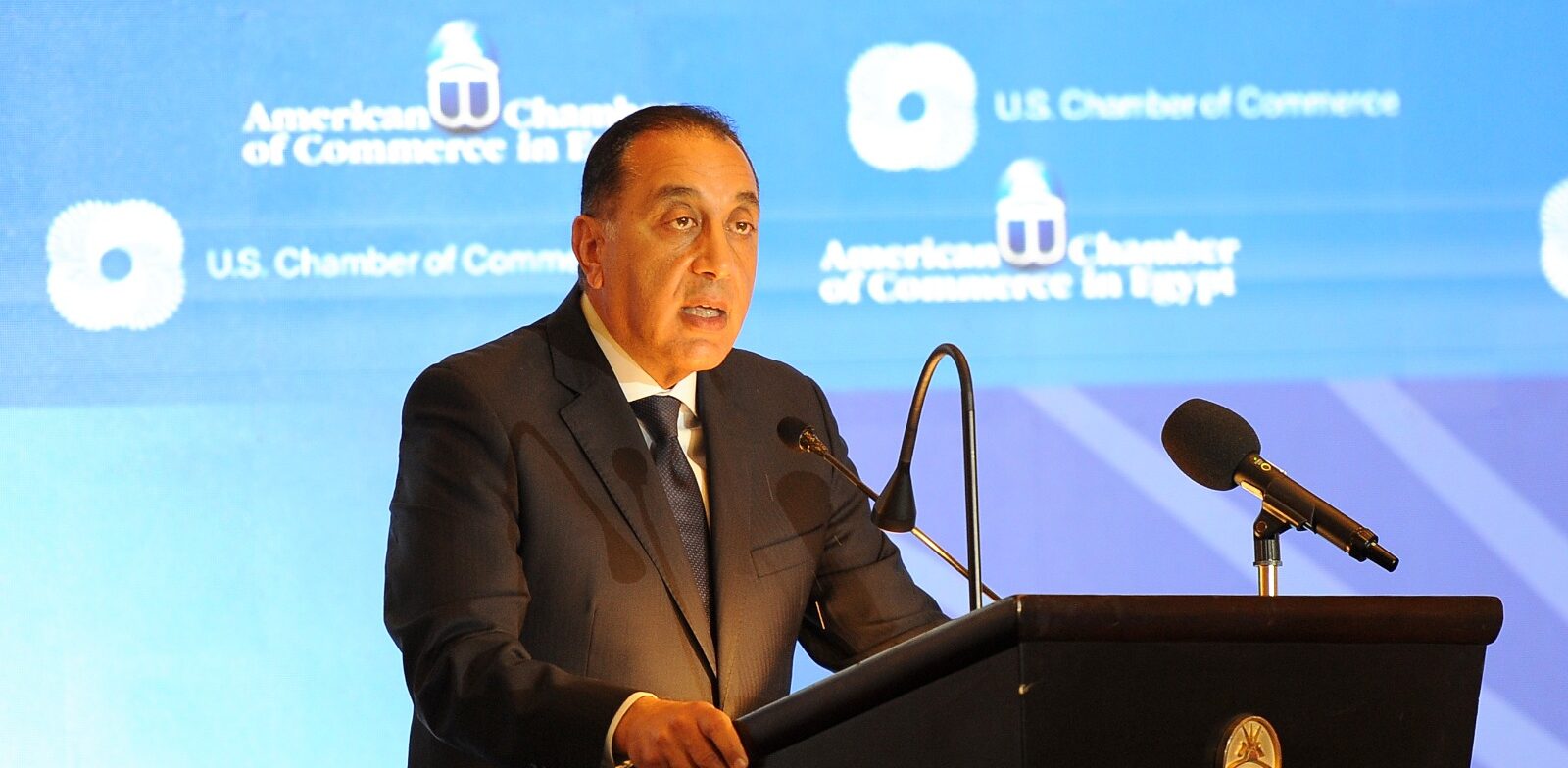In a major policy shift to attract foreign investment, Egyptian Prime Minister Mostafa Madbouly announced the removal of local production requirements for imported vehicles, allowing fully assembled American cars to enter the market without regulatory barriers.
The announcement, made during the 2025 U.S.-Egypt Policy Leaders Forum in Cairo, marks a significant step in strengthening economic ties with the U.S. and opening new opportunities in Egypt’s automotive sector.
Boosting business opportunities
On May 11, the Minister of Investment and Foreign Trade, Hassan El Khatib, issued Decree No. 148 of 2025, amending Item (11) of Annex (2) of the Implementing Regulations of the Import and Export Law. “The amendment specifies the conditions under which (U.S.) imported goods and products governed by the Agreement on Uniform Technical Specifications for Wheeled Vehicles, Equipment, and Components intended for use in such vehicles may be subject to visual inspection only,” according to a statement viewed by Business Monthly.
The decree took effect immediately upon publication on May 11, 2025.
“This regulatory shift aims to streamline industrial operations and attract greater foreign investment,” Madbouly stated. The new regulation has already been submitted to the World Trade Organization (WTO), officially opening the Egyptian auto market to American-made vehicles.
On the agriculture front, Egypt has granted a permanent exemption for U.S. dairy products and derivatives from halal certification requirements, effective March 12, 2025. Additionally, the Egyptian Ministry of Agriculture is working to increase the number of authorized companies issuing health certificates and to lower associated costs for exporters, Madbouly noted.
To further enhance trade relations, Egypt and the U.S. are finalizing an agreement on mutual assistance between customs administrations.
In parallel, Egypt submitted a WTO notification on March 12, 2025, to exempt certain goods from technical barriers to trade—another step aimed at improving bilateral commerce.
Investing in human capital
Madbouly noted that Egypt’s skilled workforce is another driver of economic growth. “At the heart of Egypt’s economic transformation lies the development of its productive, skilled and innovative workforce,” he said.
“We [the government] are investing in education, healthcare and vocational training, ensuring that our workforce is prepared to meet the demands of tomorrow’s interests.”
The forum also underscored Egypt’s broader economic strategy, which places private sector empowerment at its core. “Empowering the private sector is pivotal in Egypt’s economic transformation strategy. This transition reflects a broader commitment by creating a competitive and open environment where private enterprises can drive innovation, job creation, and long-term economic growth,” Madbouly said.
A key pillar of this effort is the State Ownership Policy document, which outlines the sectors where the Egyptian government will reduce or fully withdraw its presence. According to Madbouly, this document sends “a clear signal to investors to navigate opportunities within the Egyptian economy.”
He also pointed to Egypt’s expanded use of public-private partnerships (PPPs), particularly in infrastructure sectors like transportation, renewable energy, education, and water.
Expanding potential
In his remarks, Madbouly emphasized the strength and longevity of the U.S.-Egypt partnership. “For decades, we have striven to innovate every aspect of our cooperation with bilateral or regional development,” he said.
The Prime Minister highlighted that more than 1,800 American companies currently operate in Egypt, with cumulative U.S. investments exceeding $47 billion over the last two decades.
“These companies span diverse sectors—including energy, manufacturing, and healthcare—underscoring the strength and vitality of the U.S.-Egypt economic partnership,” he noted.
As regional uncertainty persists, Madbouly emphasized the importance of international cooperation.
“While the Middle East is facing persistent challenges, including a series of unprecedented security and political challenges,” he said, “the necessity of fostering stronger and closer cooperation between nations is paramount, given the highly fluid nature of developments at the regional and international levels.”
He concluded by reiterating the significance of the forum itself: “The U.S.-Egypt Policy Leaders Forum underscores Egypt’s strong interest in politics, economic development, and the role of the private sector.” With this renewed spirit of partnership, Egypt is positioning itself as a dynamic hub for investment, and the United States remains a key strategic ally in that journey.
The U.S.-Egypt Policy Leaders Forum, held under the patronage of President Abdel Fattah El-Sisi, is taking place on May 25–26 in Cairo, Egypt.




